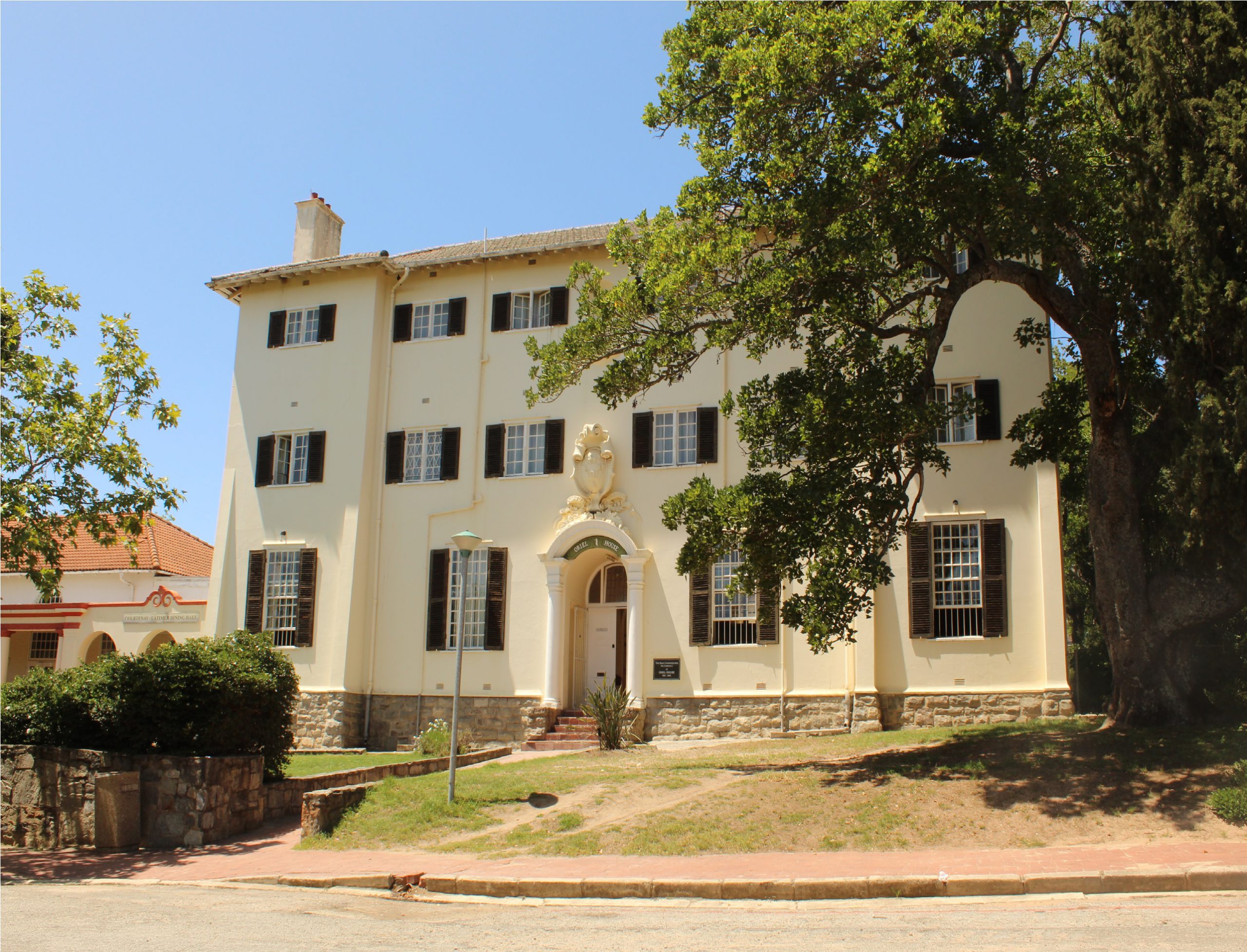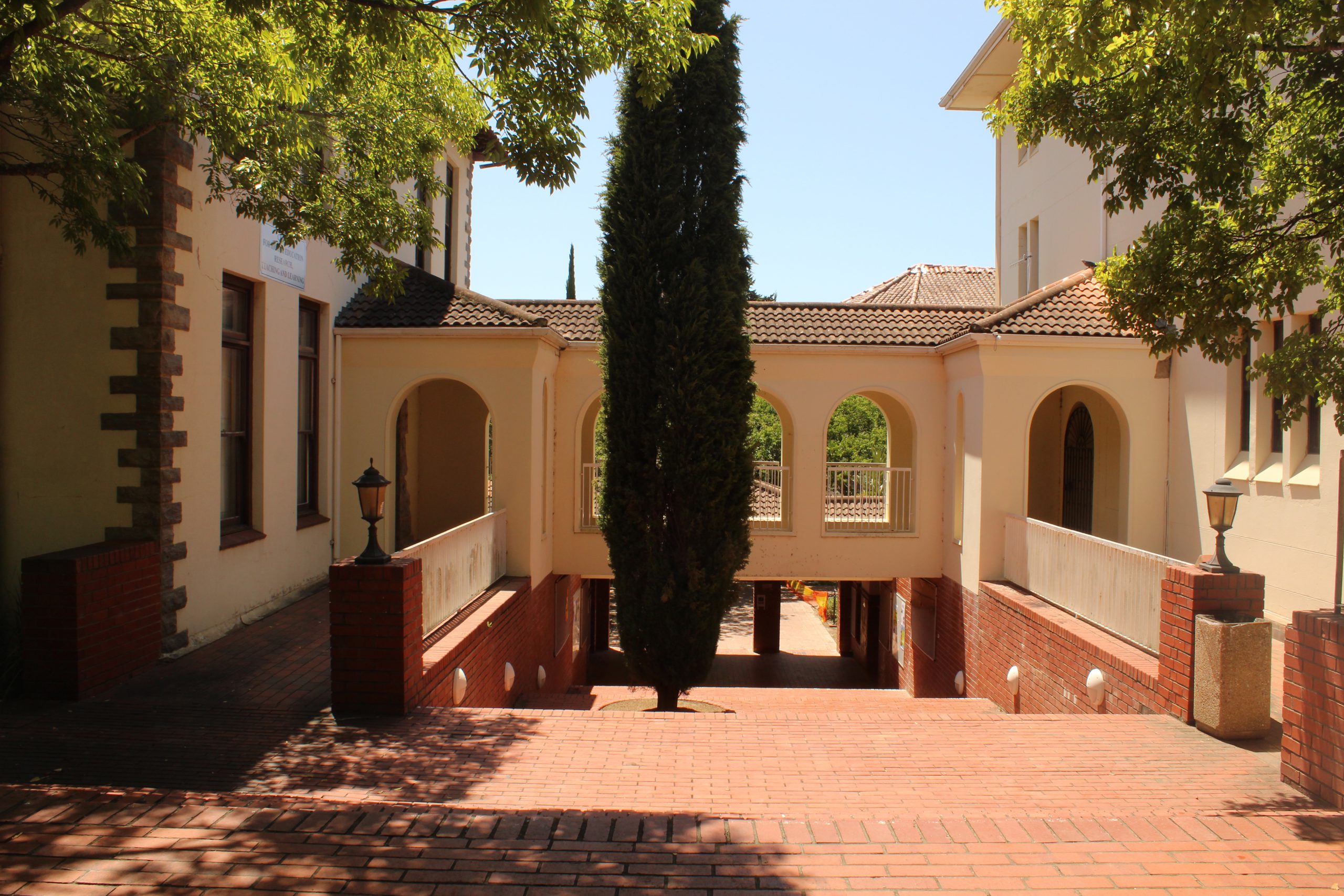Living in a Rhodes University Residence
Welcome To Communal Living
Everything you need to know about living in RES
You will probably spend your first year at Rhodes living in residence (people at Rhodes call it ‘res’) In fact, you’re encouraged to. Just over half of all Rhodes students live in res. It’s a great way to truly feel part of the Rhodes community.
There are 52 residences on campus which are divided into 14 dining halls. Some of these residences are as old as the University itself while others have been built in the last 5 years.
You’ll find that older reses tend to be more central than the newer ones up the hill. The reses have anything between 20 and 200 residents living in a house. Usually, you’ll have your own room, unless you’ve been appointed to a double room, which is rare, but double the fun. Having a roommate has its benefits but if you find that it isn’t working out as well as you’d hoped, you can speak to your warden about it.


Res can be a great experience. It allows you to take part in a lot of community building and friend-making activities like inter-res sports and dining hall functions. During orientation your schedule will be full with events designed to help you integrate into the university atmosphere.
If you’re not the most social butterfly, never fear. The reses accommodate students who prefer to keep to themselves. You have res-net (internet) available so you can Netflix and Game in your room. Common rooms can be places for sports games, watching soapies, or studying and reflecting.
One of the issues raised in the March 2019 International Students Forum was whether the introduction of a international students rep within the house committee (house leaders that oversee academics, internet, entertainment etc) was necessary. Several students felt that this introduction would mean that there would be better communication between international students and their wardens particularly with problems that may arise from living in a different country. While this proposal has been sent to the relevant authorities, it has yet to be materialized. Perhaps this is because the house committee as it stands provides support for all students, regardless of their nationality. If this is the case, then it must be that house committees are doing their job well.

WATCH: A GLIMPSE INTO CAMPUS
